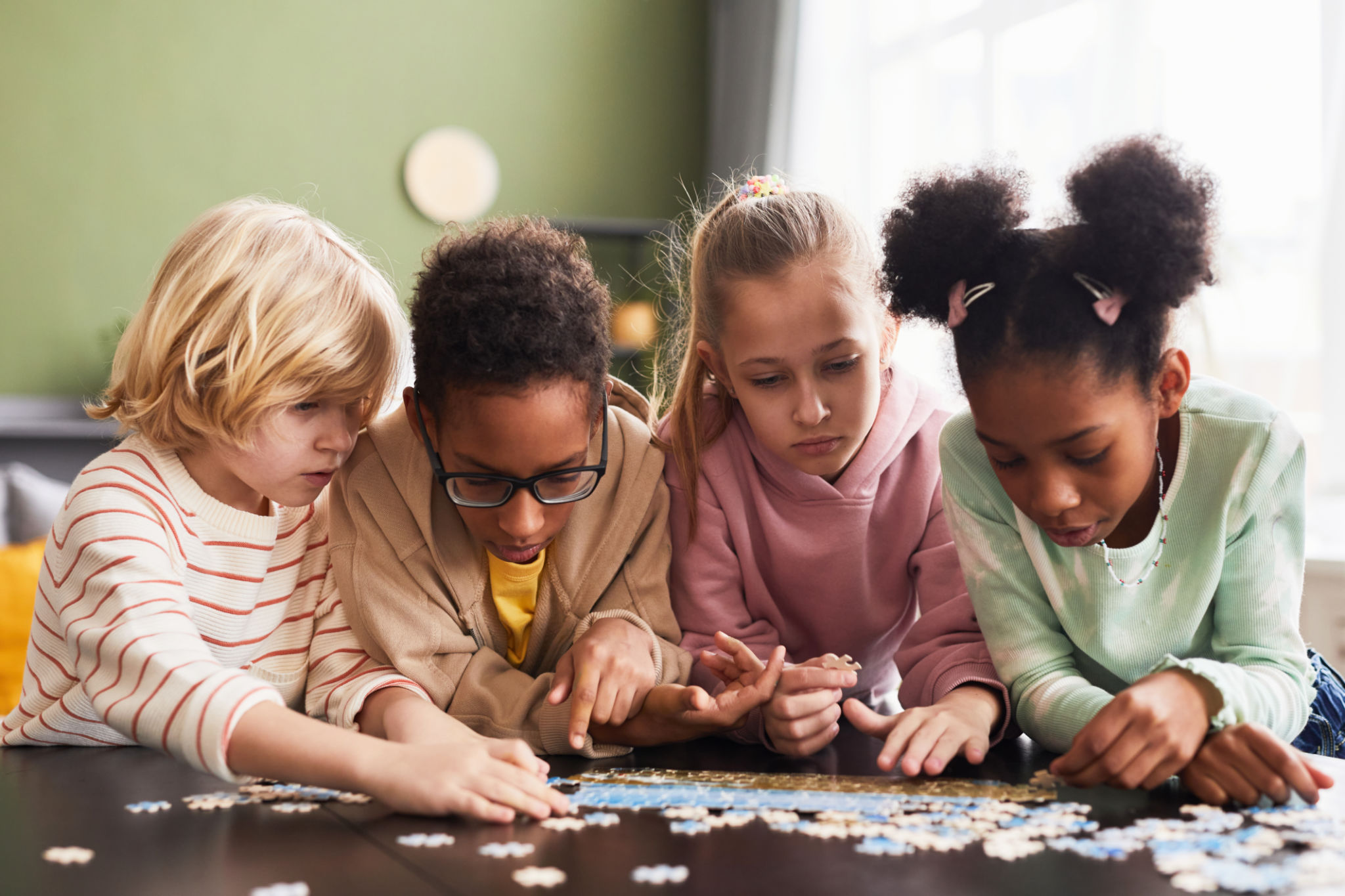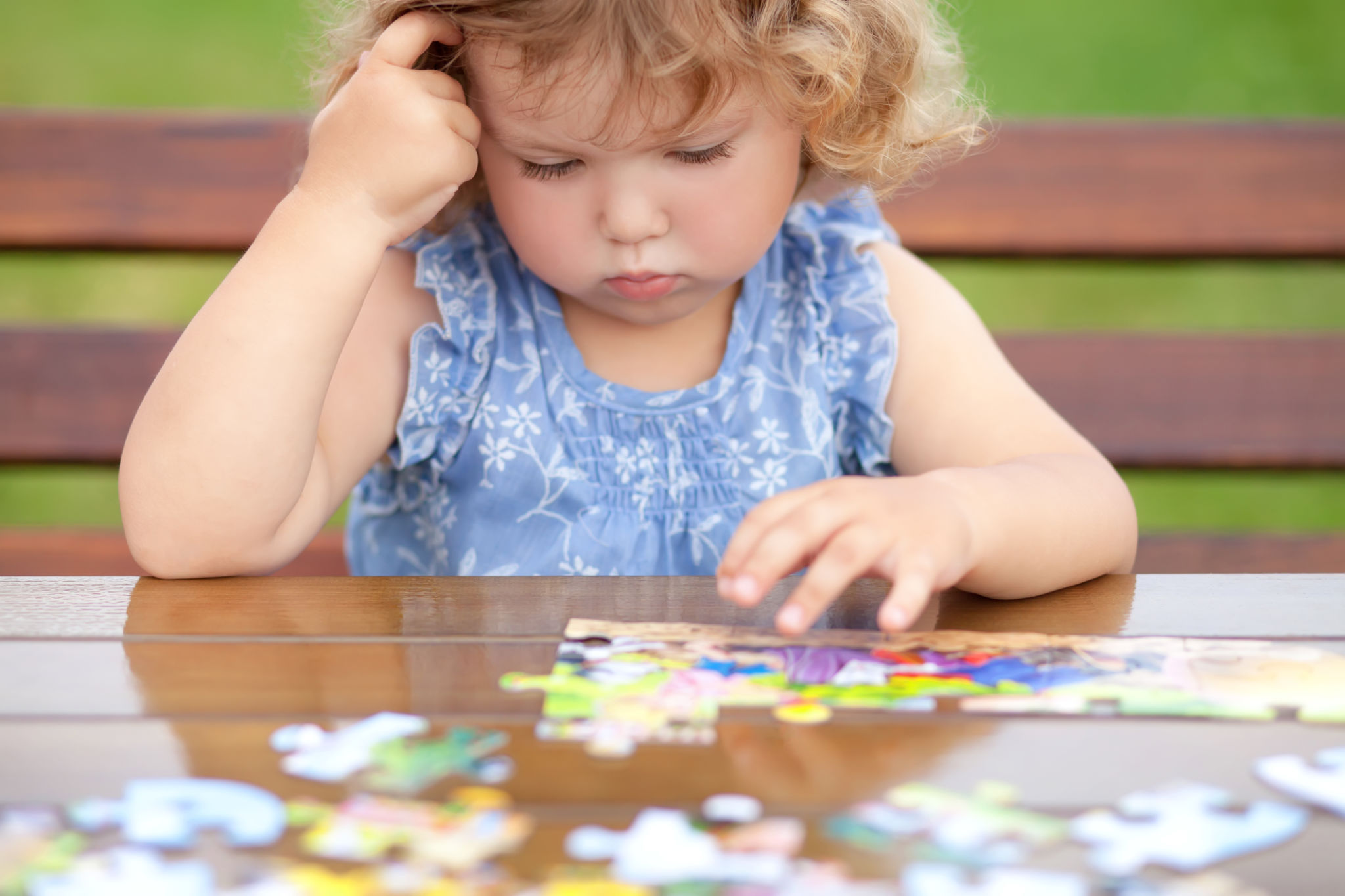Back-to-School: Educational Puzzles That Make Learning Fun
Why Educational Puzzles?
As the back-to-school season arrives, the focus is often on getting the right supplies and ensuring kids are prepared for the academic year. However, another essential aspect of this preparation is fostering a love for learning. Educational puzzles are an excellent way to achieve this, as they combine fun with learning, helping children develop critical thinking and problem-solving skills.
Puzzles are not just about entertainment; they play a crucial role in cognitive development. From toddlers to teenagers, educational puzzles provide a hands-on learning experience that can enhance memory, improve concentration, and boost spatial awareness. Let's explore how puzzles can make learning fun across various subjects.

Math Made Easy
Mathematics can be a challenging subject for many children, but integrating puzzles into their study routine can change their perspective. Math puzzles encourage logical thinking and enhance numerical skills in an engaging way. From Sudoku to math crosswords, these puzzles build a strong foundation in arithmetic and algebra.
Consider introducing your child to math-based board games or apps that offer a variety of puzzles tailored for different age groups. These interactive tools can transform abstract concepts into tangible problems that kids are eager to solve.
Language and Literacy
Language skills are crucial for academic success and communication. Educational puzzles like crosswords, word searches, and anagrams are fantastic tools for improving vocabulary and spelling. These activities not only help in recognizing patterns but also in expanding children's language abilities.

Additionally, reading comprehension can be enhanced through story-based jigsaw puzzles. These puzzles require children to piece together images while reading accompanying storylines, thereby improving both literacy and imagination.
Science Exploration
Science is all about curiosity and exploration. Educational puzzles related to science topics can stimulate a child's interest in the natural world. Whether it's assembling a model of the solar system or understanding the human anatomy through 3D puzzles, these activities make learning science interactive and entertaining.
Puzzles that focus on environmental science or biology can also introduce children to important ecological concepts, fostering an early appreciation for nature and conservation.

Geography and History
Geography puzzles, such as map-based jigsaws, help children learn about countries, capitals, and landmarks in a fun way. These puzzles enhance geographical knowledge and promote cultural awareness.
Similarly, history-themed puzzles can bring the past to life. Whether it's reconstructing historical events or piecing together timelines, these activities make history more engaging and memorable.
Finding the Right Puzzle
When choosing educational puzzles, consider the age and interests of your child. Look for puzzles that challenge their current skills while being fun and engaging. The right puzzle can stimulate curiosity and encourage independent learning.
As you prepare for the new school year, think about incorporating educational puzzles into your child's routine. They're a fantastic way to make learning enjoyable, paving the path for academic success.
